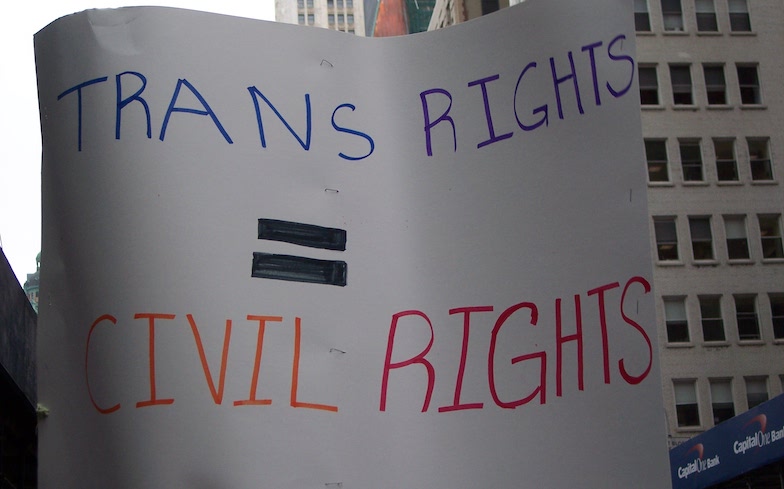
“The police need take investigative actions that are impartial and independent.”
On 4 April, a 41-year-old transgender woman was burned alive in Indonesia by a mob of six men, after being accused of stealing a phone and wallet from a truck driver who was parked near her house in North Jakarta.
The six thugs reportedly beat Mira and demanded she confess, before covering her in petrol and setting her on fire with a match. Although Mira escaped the men and made it to a hospital, her injuries were too severe and she passed away.
Last week, authorities identified six suspects and only three were arrested.
According to a representative of Amnesty International, none of the suspects will be facing criminal charges because they did not “intend” to burn the victim, despite violently beating her, dousing her in petrol and setting her on fire.
Instead, the suspects could be charged with physical violence, which carries a poxy maximum sentence of 12 years.
“The police need take investigative actions that are impartial and independent. They can’t seem like the perpetrators’ lawyers,” Usman Hamid, the Indonesian representative of Amnesty International, told Reuters.
Andreas Harsono, a researcher for Human Rights Watch, said Mira’s horrifying death “should be a reminder to many Indonesians that transgender women deserve justice and equal rights.
“Thousands of transgender women, gay men or lesbian women have been humiliated in Indonesia these past few years.”

Members of the LGBTQ community still face hostility and intolerance in Indonesia because of the country’s religious norms and anti-LGBTQ laws, such as the Family Resilience Bill, which was proposed earlier this year.
The bill would ban surrogacy and send all LGBTQ people to state-run rehabilitation centres for ‘treatment’.
Part of the draft bill, obtained by The Jakarta Post, reads: “Families experiencing crises due to sexual deviation are required to report their members to agencies handling family resilience or rehabilitation institutions to undergo treatment.”
It hasn’t been said what this ‘treatment’ would consist of, but in 2018, 10 trans individuals and eight lesbians were subjected to exorcisms in the city of Padang. They were hit with broomsticks while verses from the Quran were read at them.
Sodik Mujahid, a lawmaker from the Gerindra Party who supports the bill said: “Let’s look at it more fundamentally. The practice of homosexuality for example – does it not disrupt the future of mankind on a family basis?”
Hamid called it “a very patriarchal bill” that will “set back progress in gender equality and women’s rights protection.”
In 2019, Indonesia almost banned homosexuality as it planned to criminalise sex outside of marriage, and same-sex marriage is not legal there. However, the voting on the bill was postponed following pressure from human rights groups.
Related: Gay Indonesian YouTuber hits out at country’s proposed anti-gay laws.



